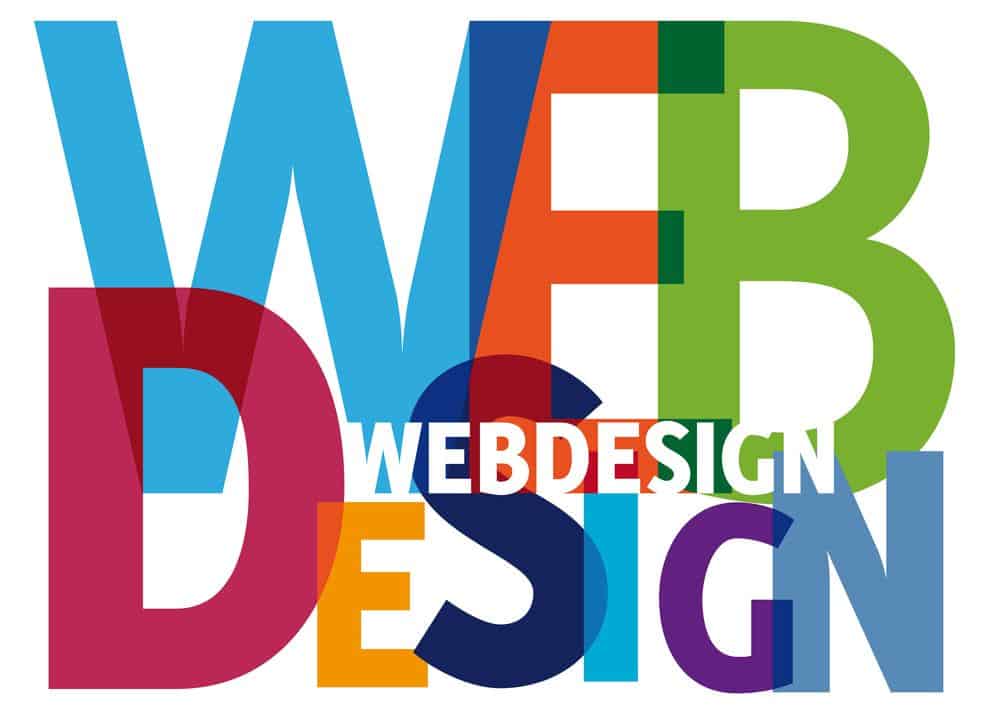At JustLegal Marketing, we’re law firm website designers. Many of the projects we work on are redesigns of sites that were created by other agencies that don’t specialize in web sites for lawyers. Some of those sites were developed by other legal marketing agencies, such as FindLaw, Avvo, and Lexis who took a “cookie-cutter” approach to design an attorney’s web site. Ultimately, many of these sites fail to drive traffic and to convert site visitors into clients. Considering the expense involved in legal marketing, it’s important for any lawyer to know how to choose the best designer for their law firm’s website. That’s why we’ve written this article to give you 5 practical steps to choose the best web designer for your law firm.
#1 Define the Goals for Your Law Firm’s Website
The starting point for choosing a law firm website designer is to define your goals. Your goals will differ depending on your practice areas. For example, an insurance defense firm may be more focused more on “brand” awareness rather than trying to capture new leads through their web site. However, if your practice focuses on plaintiff’s personal injury work, then your firm’s website should focus on return-on-investment (ROI), conversion of site visitors, and building and maintaining your client base.
#2 – Balance the Cost vs. the Long-Term Value
When it comes to designing a law firm’s website, it is true that you get what you pay for. Cookie-cutter designs are cheap; the custom design is pricey. In the end, you need to focus on the long-term value of your website. If the site is designed poorly or doesn’t fit with your firm’s culture and message, then the site will likely perform poorly. In fact, oftentimes our team of designers is overhauling lawyers’ websites that were developed within the previous year. These attorneys initially tried to save money by finding the cheapest designers only to discover that they weren’t receiving enough visitors to their website or that the visitors quickly left the site without converting into a lead.
#3 – Choose a Web Site Developer Who Understands Law Firm Marketing
Most of the projects we work on are redesigns of sites that were created by other web designers that don’t specialize in web sites for lawyers. What these designers didn’t understand is that what works best for selling widgets on a web site doesn’t work as well for marketing a lawyer’s services. Your web developer needs to understand challenges that are unique to legal marketing including:
- The services you’re marketing are “needs” based;
- The competition online between lawyers is saturated; and
- Each state’s ethics rules place constraints on how a lawyer may market their practice.
Perhaps the most important issue that your developer needs to understand is that your site’s content is crucial to your site’s success. A redesign of your firm’s site without emphasizing relevant, high-quality, and authoritative content is the equivalent of putting lipstick on a pig.
#4 – Choose an “Agency,” Not Just a “Web Designer”
A website designer can give your site a good look and feel. An agency can develop your site with an eye towards a long-term marketing strategy. The look and feel of your site is just a small part of the online marketing puzzle. A legal marketing agency should examine and analyze ALL of your marketing, both online and offline to ensure that your marketing message is homogenous, that your branding is consistent, and that marketing approach, including your budget, is paying off. Also, an agency can help you measure your site’s performance, adjust your site and strategy based on performance data, and provide results that convert your site’s visitors into actual clients.
#5 – Choose a Law Firm Website Designer that Communicates & Educates
Practicing law is complex. Therefore, one of the most important things that lawyers do is to communicate and to educate their clients on the law, the strengths and weaknesses of the claim, the strategies for achieving the best outcome possible, and the costs involved. Likewise, developing an effective law firm websites is highly complex. A good designer should communicate with you and educate you about the process of development, the strategies for achieving site traffic and conversions, and the costs involved to achieve your goals. If during your first meeting with a developer, you feel that your developer is talking over your head, not listening to your input, or is failing to educate you about the process, then it’s time to interview the next designer on your list.


